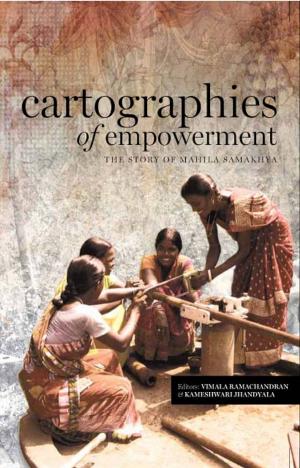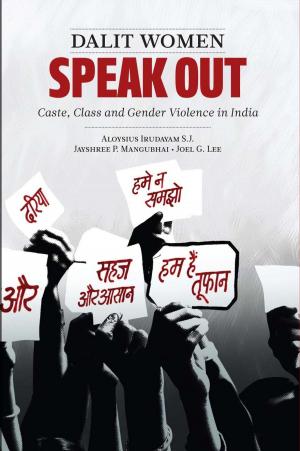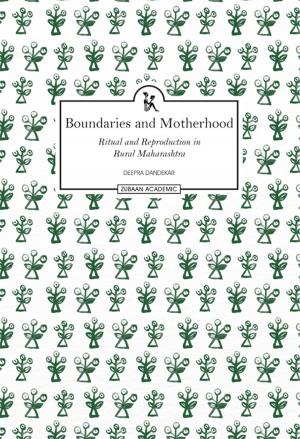Of the Nation Born
The Bangladesh Papers
Nonfiction, Reference & Language, Law, Criminal law, Social & Cultural Studies, Social Science, Gender Studies, Feminism & Feminist Theory| Author: | ISBN: | 9789385932076 | |
| Publisher: | Zubaan | Publication: | September 10, 2016 |
| Imprint: | Language: | English |
| Author: | |
| ISBN: | 9789385932076 |
| Publisher: | Zubaan |
| Publication: | September 10, 2016 |
| Imprint: | |
| Language: | English |
The Sexual Violence and Impunity in South Asia research project (coordinated by Zubaan and supported by the International Development Research Centre) brings together, for the first time in the South Asian region, a vast body of research on this important, and yet silenced, subject. Six country volumes (one each on Bangladesh, Nepal, Pakistan, Sri Lanka, and two on India, as well as two standalone volumes) comprising over 50 research papers and two book-length studies, detail the histories of sexual violence and look at the systemic, institutional, societal, individual and community structures that work together to ensure that impunity for perpetrators is more or less inbuilt. As many of the authors argue, the very nature and conditions of sexual violence in the South Asian region lend themselves to a silencing process, or, at a minimum, a reluctance to address it head on, something that may at least partially explain why accountability for sexual violence remains such a distant horizon.
This volume focuses on Bangladesh, a nation born in 1971, in a birth that was as marked by bloodshed as it was by sexual violence. The history of widespread sexual violence, and incidents of sexual slavery, as well as the absence of accountability for the perpetrators, is by now well known. The essays here address the structural dynamics of impunity at the individual and societal levels, looking not only at the conditions that go into its creation, but also the elements that fuel it. They ask what helps it to become so embedded and point to its human, global and national costs. Together they explore the ways in which the women’s movement and feminist practice have worked to demand accountability and recognition for the victims and survivors of sexual violence, challenging the impunities embedded in the patriarchal structures of Bangladeshi society. In doing so, they bear witness to the continuing efforts of women’s groups in Bangladesh to give this crucial issue the attention that it deserves, for without that, justice for victims and survivors will remain elusive.
The Sexual Violence and Impunity in South Asia research project (coordinated by Zubaan and supported by the International Development Research Centre) brings together, for the first time in the South Asian region, a vast body of research on this important, and yet silenced, subject. Six country volumes (one each on Bangladesh, Nepal, Pakistan, Sri Lanka, and two on India, as well as two standalone volumes) comprising over 50 research papers and two book-length studies, detail the histories of sexual violence and look at the systemic, institutional, societal, individual and community structures that work together to ensure that impunity for perpetrators is more or less inbuilt. As many of the authors argue, the very nature and conditions of sexual violence in the South Asian region lend themselves to a silencing process, or, at a minimum, a reluctance to address it head on, something that may at least partially explain why accountability for sexual violence remains such a distant horizon.
This volume focuses on Bangladesh, a nation born in 1971, in a birth that was as marked by bloodshed as it was by sexual violence. The history of widespread sexual violence, and incidents of sexual slavery, as well as the absence of accountability for the perpetrators, is by now well known. The essays here address the structural dynamics of impunity at the individual and societal levels, looking not only at the conditions that go into its creation, but also the elements that fuel it. They ask what helps it to become so embedded and point to its human, global and national costs. Together they explore the ways in which the women’s movement and feminist practice have worked to demand accountability and recognition for the victims and survivors of sexual violence, challenging the impunities embedded in the patriarchal structures of Bangladeshi society. In doing so, they bear witness to the continuing efforts of women’s groups in Bangladesh to give this crucial issue the attention that it deserves, for without that, justice for victims and survivors will remain elusive.















